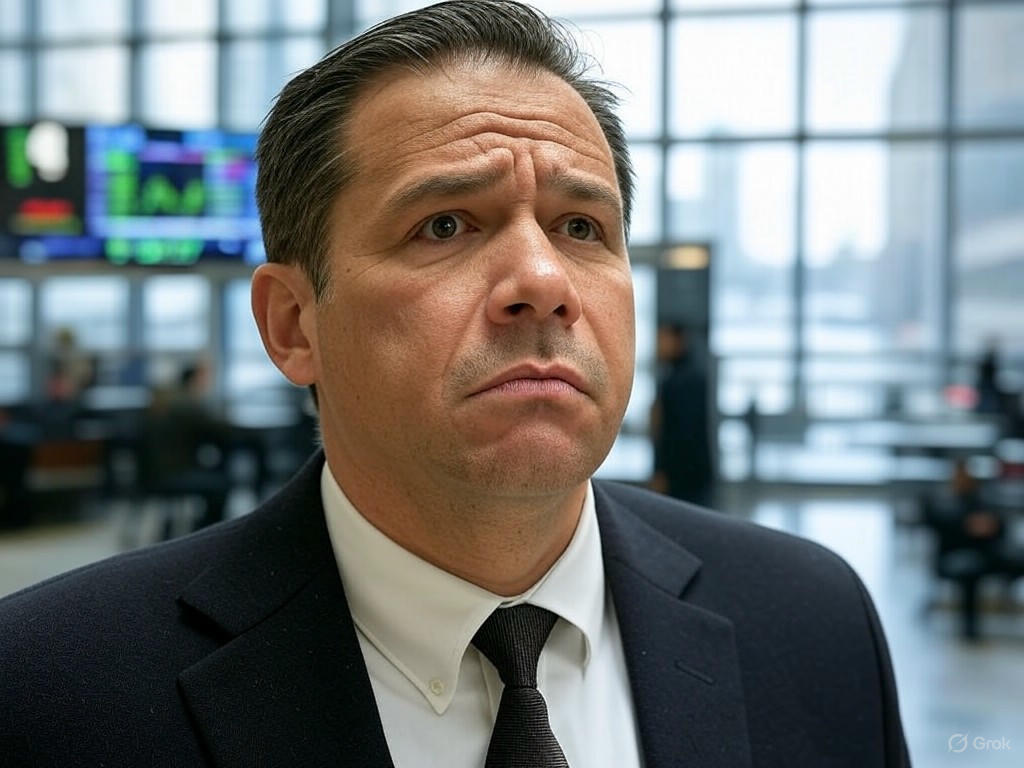Market Turmoil: Dow Plunges 300 Points Amid Escalating Iran-Israel Tensions
The financial markets took a significant hit this week as the Dow Jones Industrial Average plummeted by 300 points on Tuesday. Investors, gripped by uncertainty, reacted to the intensifying conflict in the Middle East, particularly between Iran and Israel. The ongoing geopolitical unrest has sent shockwaves through global economies, with Wall Street feeling the brunt of the impact. As reports of heightened military actions and diplomatic breakdowns flood the news, traders are scrambling to assess the potential fallout on oil prices, trade routes, and international stability.
The clash between Iran and Israel, which has seen a sharp escalation in recent weeks, is at the heart of the market’s unease. Analysts point to the region’s critical role in global energy supplies as a primary concern. With Iran being a major oil producer and key player in the OPEC alliance, any disruption in the area could lead to skyrocketing energy costs, further fueling inflation fears. Investors are also wary of potential retaliatory actions that might affect shipping lanes in the Persian Gulf, a vital artery for global trade. This uncertainty has led to a sell-off in equities, with sectors like energy and defense seeing volatile swings as some anticipate increased demand for military resources while others brace for broader economic slowdowns.
Beyond the immediate market reactions, the broader implications of this conflict are weighing heavily on financial strategies. Fund managers are shifting portfolios toward safer assets like gold and government bonds, signaling a flight to safety amid the chaos. Tech stocks, often seen as growth-oriented and sensitive to risk, have also taken a hit, contributing to the steep decline in major indices. Meanwhile, experts warn that prolonged instability could dampen consumer confidence and corporate investments, potentially stalling the fragile economic recovery many regions have been working toward post-pandemic. The ripple effects are already visible, with some multinational corporations issuing cautious outlooks for the coming quarters.
As the situation unfolds, market participants remain glued to every update from the Middle East. Diplomatic efforts to de-escalate tensions have so far yielded little progress, and the prospect of a broader regional conflict looms large. Economists are urging policymakers to prepare contingency plans to mitigate the impact on energy markets and inflation. For now, the consensus on Wall Street is one of caution, with many advising investors to brace for further volatility until a clearer picture emerges.
In these turbulent times, the interplay between geopolitics and global finance is starkly evident. The Dow’s 300-point drop is more than just a number—it’s a reflection of the deep-seated fears about what the future holds if peace remains elusive in the Middle East. As the world watches and waits, the hope is for swift resolutions to prevent further economic damage, though the path forward remains uncertain.


